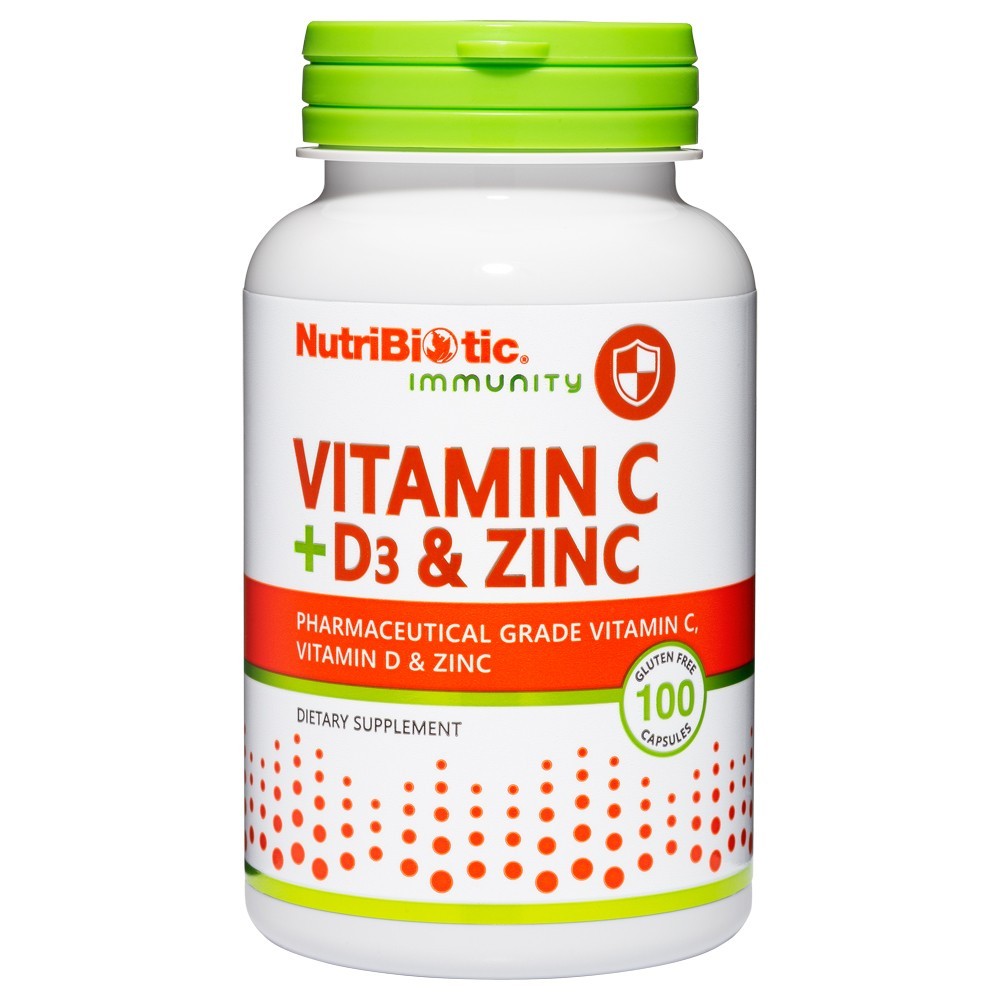Vitamins with zinc and vitamin C play a crucial role in enhancing our overall health. This article provides an in-depth look at their benefits, comparison tables, and insights into how to integrate them into your daily routine.
Understanding Vitamins, Zinc, and Vitamin C
Vitamins are organic compounds essential for various bodily functions, while zinc and vitamin C are vital nutrients that support immune function and overall health.
The Role of Vitamin C in Health
Vitamin C, or ascorbic acid, is a powerful antioxidant that protects cells from damage, enhances iron absorption, and supports the immune system.
Importance of Zinc in the Body
Zinc is a trace mineral necessary for numerous biological functions, including immune response, wound healing, and protein synthesis.
Benefits of Combining Zinc and Vitamin C
Combining zinc and vitamin C can enhance the immune system, improve skin health, and promote faster wound healing.

Strengthening the Immune System
Both zinc and vitamin C are known for their immune-boosting properties, making them essential during flu and cold seasons.
Skin Health and Healing
Vitamin C is essential for collagen production, while zinc supports skin repair, making this combination beneficial for skin health.

How to Incorporate Vitamins with Zinc and Vitamin C into Your Diet
Integrating these vitamins into your diet can be achieved through natural food sources or supplements.
Natural Food Sources
- Fruits: Oranges, strawberries, and kiwi (for Vitamin C).
- Vegetables: Bell peppers, broccoli, and spinach (for Vitamin C).
- Meat and Shellfish: Beef, poultry, and oysters (for Zinc).
- Nuts and Seeds: Pumpkin seeds, cashews (for Zinc).

Supplements vs. Whole Foods
While whole foods are the best source of nutrients, supplements can be beneficial for those who have deficiencies.
Comparison Table: Zinc and Vitamin C Sources
| Food Source | Vitamin C Content (mg) | Zinc Content (mg) |
|---|---|---|
| Oranges (1 medium) | 70 | 0.1 |
| Broccoli (1 cup, cooked) | 100 | 0.5 |
| Oysters (3 ounces) | 0 | 74 |
| Spinach (1 cup, cooked) | 17 | 0.8 |
| Strawberries (1 cup) | 84 | 0.2 |

Pros and Cons of Vitamins with Zinc and Vitamin C
Pros
- Boosts immune system function.
- Promotes skin health and repair.
- Enhances absorption of iron from plant-based foods.
- May reduce the duration of colds.
Cons
- Excessive intake can cause nausea and diarrhea.
- High doses of zinc can interfere with copper absorption.
- Some individuals may experience allergic reactions to supplements.
FAQs About Vitamins with Zinc and Vitamin C
1. Can I take zinc and vitamin C together?
Yes, taking zinc and vitamin C together is safe and can enhance their immune-boosting properties.
2. What are the side effects of taking too much vitamin C?
Excessive vitamin C can lead to digestive issues, including diarrhea and abdominal cramps.
3. How much zinc should I take daily?
The recommended daily allowance (RDA) for zinc varies: 11 mg for men and 8 mg for women.
4. What are the symptoms of zinc deficiency?
Symptoms of zinc deficiency may include weakened immune function, hair loss, and delayed wound healing.
5. Are there any interactions with medications?
Yes, zinc can interact with certain medications, including antibiotics and diuretics. Always consult your healthcare provider before starting new supplements.
Conclusion
Incorporating vitamins with zinc and vitamin C into your diet can significantly enhance your health. Whether through whole foods or supplements, understanding their benefits can promote better well-being. Always consult with a healthcare professional before making any significant changes to your health regimen.